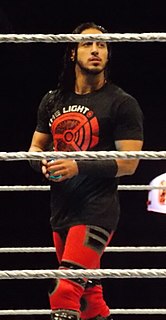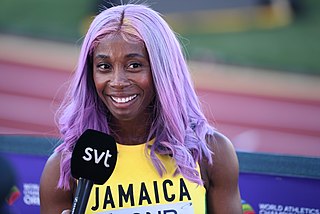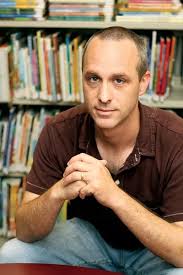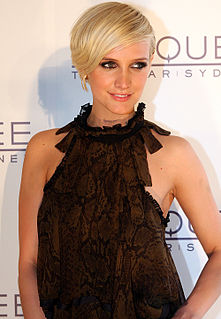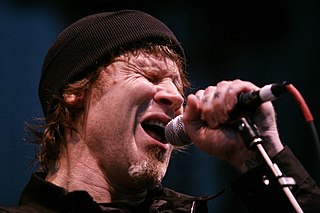A Quote by Joan Didion
We imagined we knew everything the other thought, even when we did not necessarily want to know it, but in fact, I have come to see, we knew not the smallest fraction of what there was to know.
Related Quotes
You didn't have to take a punch for me, you know,' he said. 'I'm a lover, not a fighter.' 'You're a freak is what you are,' I said. He stuck out his hand. 'Come on, slugger. Walk with me. You know you want to.' And the thing was, despite everything I knew-that it was a mistake, that he was different from the others-I did. How he knew that, I had no idea. But I got up and did it anyway.
Jem’s eyes had widened, and then he’d laughed, a soft laugh. “Did you think I did not know you had a secret?” he’d said. “Did you think I walked into my friendship with you with my eyes shut? I did not know the nature of the burden you carried. But I knew there was a burden.” He’d stood up. “I knew you thought yourself poison to all those around you,” he’d added. “I knew you thought there to be some corruptive force about you that would break me. I meant to show you that I would not break, that love was not so fragile. Did I do that?
No, I don’t wish I knew Heaven was like the picture in my Great Divorce, because, if we knew that, we should know it was no better. The good things even of this world are far too good ever to be reached by imagination. Even the common orange, you know: no one could have imagined it before he tasted it. How much less Heaven.
No sooner had he thought this than he realized what was anchoring his happiness. It was purpose. He knew what he wanted to do. He knew the way he thought things should be, and Mr. Harinton was proving that other people--even adults--could feel the same way. Nicholas had something to aim for now. He might not know what he wanted to be when he grew up, but he knew with absolute certainty how he wanted to be.
Have you come over time to think that you know more now than you did when you were young, know less now than when young, know now there is so much more to know than you knew there was to know when young that it is moot whether you think you knew more then than now or less, or do you now know that you never knew anything at all and never will and only the bluster of youth persuaded you that you did or would?
Writers don't often say anything that readers don't already know, unless its a news story. A writer's greatest pleasure is revealing to people things they knew but did not know they knew. Or did not realize everyone else knew, too. This produces a warm sense of fellow feeling and is the best a writer can do.
I knew that people were going to talk about it, I knew it was embarrassing, and I knew it was a big deal. But did I think that it was going to be this thing that followed me for, you know, the next years to come? I guarantee you, 25 years from now, I'll be known as the girl that lip synced on 'SNL.' But, you know, it was a weird thing. Not fun.
What interested me the most was that when I [traveled to Europe] I knew what Joseph Beuys was doing, he knew what I was doing, and we both, we just started to talk. How did I know what Daniel Buren was doing, and to an extent, he knew exactly what I was doing? How did everybody know? It's an interesting thing. I'm still fascinated by it because, why is it now, with the Internet and everything else, you get whole groups of artists who have chosen to be regional? They really are only with the people they went to school with.
As far as change, anyone from the age of 13 to 19, you become a whole new person because you grow up. There was so much that I didn't know or that I thought I knew because I was just a 13-year-old at the time who thought I knew everything. But I realized very quickly that, no, there's so much about everything that I don't. So what I've at least tried to do is accept that I don't know everything. Life is so much more fun that way. And it's easier. I've just been trying to learn, rather than to pretend that I'm perfect.
Before I knew that I was Jewish or a girl I knew that I was a member of the working class. At a time when I had not yet grasped the significance of the fact that in my house English was a second language, or that I wore dresses while my brother wore pants, I knew--and I knew it was important to know--that Papa worked hard all day long.




